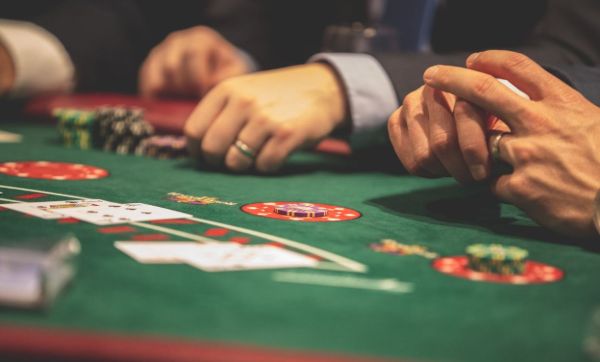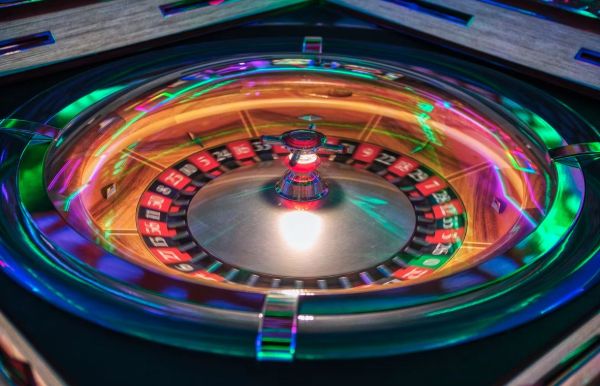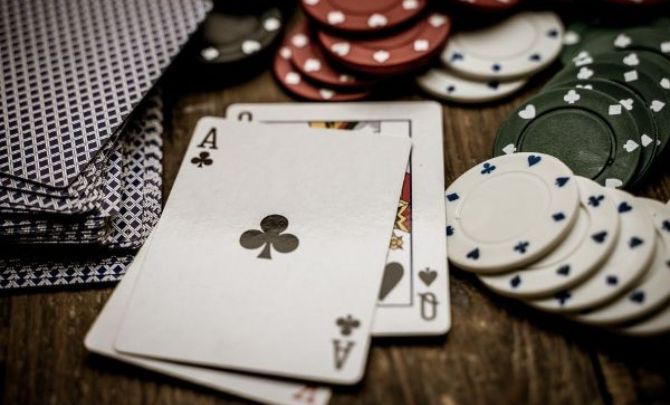Gambling has been part of humanity’s culture for centuries, in one form or another. Many consider it a form of entertainment derived from divination – come to think of it, many of the modern dice and card games have their share of similarities with the tossing of bones or cartomancy.
This being said, the origins of these games are mostly lost to us – after all, you can’t expect historians to waste time and (expensive and rare) paper to write about the ways people, mostly commoners, had fun.
These games have remained mostly unchanged since they were first documented – but we have no idea where they are coming from.
Also Read: Online Casino Software’s Prominence
Baccarat
One of the most popular casino games, especially in Asia, is online baccarat along with its real-life counterpart. The game got its name – and fame – in France: it was the game of choice for the French noblesse since the 19th century. When gambling was legalized in the early 20th century, baccarat became widespread across European casinos, then all over the world.
The exact origins of baccarat are unknown. A game called “Macao” is considered its immediate precursor: it is believed that European sailors brought the game back from their journeys across China. Here, similar card games have been played since the 17th century – but we have no idea where those came from.
Blackjack
Games involving the comparing of hands that have to be as close as possible to a certain total have been around for ages. How long, you might ask? Well, the thing is, nobody knows. The first documented game of ventiuna was played sometime at the beginning of the 17th century. It was mentioned by Miguel de Cervantes, himself an avid gambler, in a short story called “Rinconete y Cortadillo” that was written in 1601 or 1602.

The game then spread to France and Britain before the end of the century, and from Britain, it made it to the New World – a game similar to today’s blackjack was played in the US in the early 1800s. The game rose to prominence during the Gold Rush (1896–99), a time when it got its modern-day name, blackjack.
The exact origin of the name is also unknown.
Roulette
Back in the 17th century, physics was still in its infancy – humanity has barely started to discover the rules that make our world tick. One of them was Blaise Pascal, a famous mathematician, physicist, inventor, philosopher, and writer.
Legend has it when he tried to invent a Perpetuum mobile – a perpetual motion machine – he created the immediate precursor of the roulette wheel: a wheel (that was used as a “wheel of fortune” of sorts later) that could turn smoothly for a long time in a horizontal setting. The evidence for this is, of course, anecdotal.

The game of roulette itself is thought to be a combination of the Italian game Biribi (it gave the world the typical roulette table) and the gaming wheel invented in the early 1700s. The game was certainly played in France in a form similar to what we know today as early as 1796 in Paris – at the time, the game was already played in New France (Canada).
The game left France and crossed the ocean to New Orleans from where it spread across the United States on the riverboats of the Mississippi. And from there (and from Monaco, the last remaining bastion of legal gambling in Europe at the time) roulette has spread around the world, becoming the most recognizable casino game ever created.

how much omega 3 in 1 ml of cbd
ergeeli b9c45beda1 https://coub.com/stories/2749324-telugu-movies-720p-bin-bulaye-baarati-download-dafneu
yamlati b9c45beda1 https://coub.com/stories/2724471-extra-quality-destiny-2-titan-class-guide